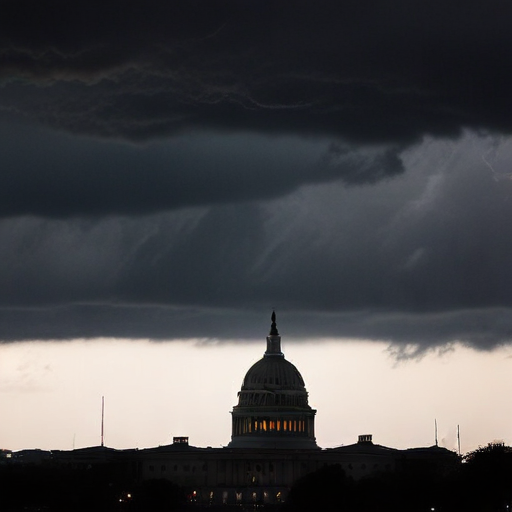During a recent interview in Arizona, former President Donald Trump made controversial remarks about former Rep. Liz Cheney, a prominent critic within the Republican Party. On stage with Tucker Carlson, Trump described Cheney, the daughter of former Vice President Dick Cheney, as a “radical war hawk” and suggested extreme consequences for her actions.
Carlson invited Trump to share his thoughts on Cheney’s alignment with Vice President Kamala Harris, who is seeking to appeal to moderate Republicans. Trump responded by criticizing Cheney’s stance on military issues, claiming her desire for continued military involvement in several countries contrasts sharply with his own view of prioritizing troop withdrawals.
In a striking analogy, Trump suggested Cheney be placed in a scenario where she would face armed opponents, raising significant alarm over the implication of such a statement.
Cheney reacted swiftly, interpreting Trump’s comments as akin to a death threat and warning against the dangers of authoritarianism. She urged voters to reject leaders who employ threats against dissenters, posting her sentiments on social media.
Further condemnation came from former Congresswoman Gabrielle Giffords, who survived a shooting in 2011. Giffords highlighted that proclaiming violence against someone for their political beliefs is fundamentally un-American and called for a collective condemnation of such attitudes, particularly from those who uphold constitutional values.
The exchange reflects ongoing divisions within the Republican Party, as well as broader discussions about political rhetoric and its consequences. While the discourse is fraught with tension, it is essential for political leaders and citizens alike to engage in conversations respectfully and without incitement to violence.
The hope remains that discussions about political differences can eventually shift towards more constructive dialogue rather than threatening rhetoric, fostering an environment conducive to unity and respect for differing opinions.
